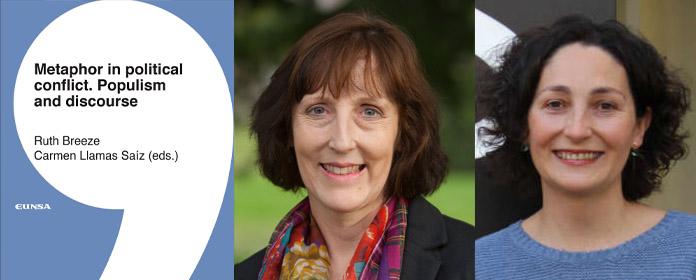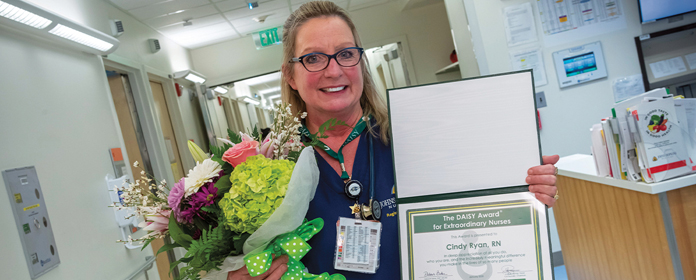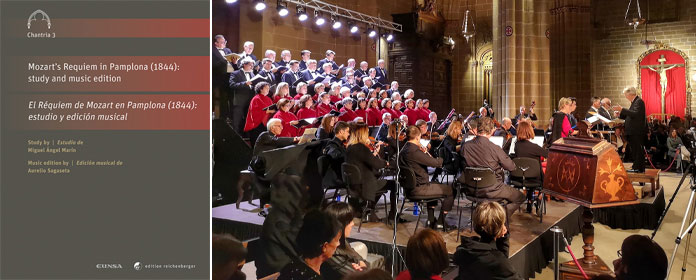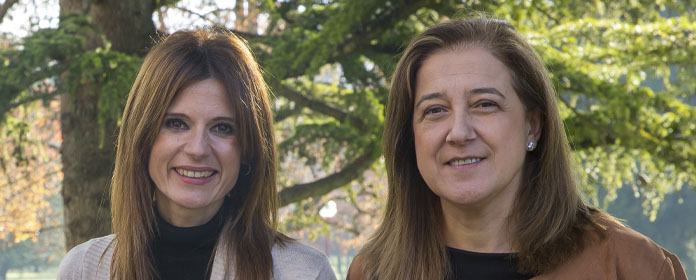Metaphor as an element of manipulation and shaper of reality in the political speech , analyzed in a new ICS book.
The book, published by publishing house EUNSA, is part of the research 'El demos en el imaginario de la nueva política' funded by the Ministry of Economics and Competitiveness.

Ruth Breeze and Carmen Llamas, researchers at project 'Public discourse' of the Institute for Culture and Society (ICS) of the University of Navarra, have published the book 'Metaphor in political conflict. Populism and discourse' on the role of metaphors in the political speech . Published by EUNSA, it analyzes metaphor as an element of persuasion in situations of strong ideological confrontation, "in which the appearance of leaders and parties with populist tendencies is frequent", says Carmen Llamas.
According to Llamas, in conflict situations, "the metaphors that are chosen are particularly significant, as they are often used to manipulate public opinion or to propose creative approaches and seek solutions". This is because metaphors show how a reality is understood and shape the argumentation around certain issues. For example, it is not the same to say that the relationship with an antagonistic social group is a "war" or a "carpool," illustrates Ruth Breeze, principal investigator of 'Public discourse'.
Metaphors help us understand complex realities. However, by simplifying them for comprehension, information is lost, making it easier for the public to be left with partial or distorted information "with obvious political implications" and, thus, modifying their conceptions about certain realities, Breeze points out.
The book brings together works by several researchers on the use of metaphor in contemporary political contexts, from the United States to Spain and Italy, the Netherlands, Russia and Iran. Among other topics, it addresses situations such as the US-Iran conflict in 2017-2018, the crisis of Catalonia's unilateral declaration of independence in 2017 or the relationship between the European Union and the United Kingdom during the Brexit process. It also covers different discursive genres: parliamentary debates, social networks or press news.
This publication is framed in the research 'El demos en el imaginario de la nueva política: el discussion sobre la voluntad popular en el Public discourse', developed between 2016 and 2018 at the ICS and funded by the Ministry of Economics and Competitiveness of the Government of Spain (FFI2015-65252-R).




